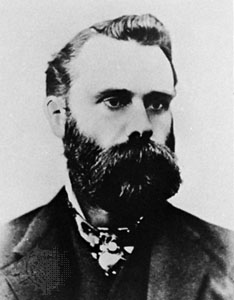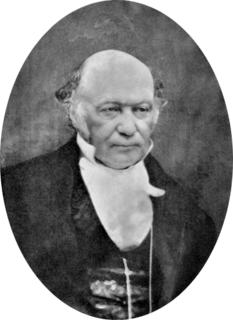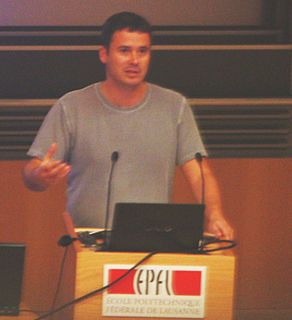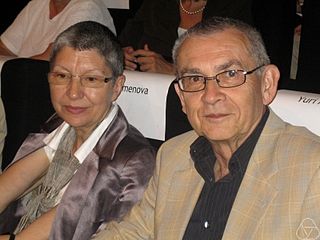Цитата Мартина Хайдеггера
Пространство-время, как его обычно понимают, в смысле расстояния, измеренного между двумя точками времени, является результатом исчисления времени.
Связанные цитаты
Публика в целом покупает в неподходящее время и продает в неподходящее время. Средний оператор, увидев прибыль в два-три пункта, забирает ее; но если акции идут против него на два или три пункта, он держится, ожидая, пока цена восстановится, и часто в результате потеря двух или трех пунктов приводит к потере десяти пунктов.
Бесконечность не может быть измерена. План Природы так огромен, но у нее нет никакого плана, никакого плана, кроме того, чтобы продолжаться и продолжаться вечно. Что такое размер, что такое время, расстояние до Бесконечности? Ничего. Бесконечность не знает ни времени, ни пространства, ни великого, ни малого, ни начала, ни конца.
Говорят, что время имеет только одно измерение, а пространство — три измерения. ... Математический кватернион состоит из обоих этих элементов; на техническом языке можно сказать, что это «время плюс пространство» или «пространство плюс время»: и в этом смысле оно имеет или, по крайней мере, включает ссылку на четыре измерения. И как Единое во Времени, в Пространстве Трое, Могло быть опоясано Цепью Символов.
Что отличает время от пространства, так это то, что время имеет направление. В этом смысле оно отличается от космоса. Я думаю, что это, безусловно, верно, что в то время как пространственные измерения не имеют направления или стрелы, время имеет. Он бежит из прошлого в будущее. Но я вижу, что эта стрела времени коренится в более глубокой метафизической реальности, а именно в реальности временного становления — вещей, возникающих и исчезающих. Вот почему у времени есть эта стрела. Но недостаточно просто сказать, что время и пространство различны, потому что время имеет направление. Возникнет вопрос: почему у него есть направление?
У греков было два слова для обозначения времени. Хронос — это время, за которым мы обычно следим. Кайрос был нашим участием времени. Время, которое движет нами так, что мы теряем чувство времени; вневременное время; моменты, когда кажется, что часы останавливаются; кормление, обновление, больше материнского времени. Это время, с которым мы чувствуем единство, а не вне его, себя, дао, любовь, которая соединяет нас с другими.
Но так же, как Ван небрежно направил прожектор задумчивости в тот лабиринт прошлого, где узкие зеркальные дорожки не только сворачивали в разные стороны, но и находились на разных уровнях (как запряженная мулом повозка проезжает под аркой виадука, по которому мотор скользит мимо), он обнаружил, что берется, все еще смутно и праздно, за науку, которой предстояло завладеть его зрелыми годами, — проблемы пространства и времени, пространство против времени, искривленное временем пространство, пространство как время, время как пространство — и пространство, отрывающееся от времени, в последнем трагическом триумфе человеческого мышления: я есть, потому что я умираю.
Что привязывает нас к пространству-времени, так это наша масса покоя, которая мешает нам лететь со скоростью света, когда время останавливается и пространство теряет смысл. В мире света нет ни точек, ни моментов времени; существа, сотканные из света, жили бы «нигде» и «нигде»; только поэзия и математика способны осмысленно говорить о таких вещах.
В 1920-х годах молодой английский физик Поль Дирак начал попытки понять и описать пространственно-временную эволюцию электрона, первой элементарной частицы, открытой Дж. Дж. Томсоном в 1897 г. Дирак был озадачен беспрецедентным свойством пространства-времени, открытым Лоренцем. в своих исследованиях электромагнитных сил, согласно которым, если пространство было реальным, время должно было быть воображаемым, и наоборот. Другими словами, пространство и время должны были быть «сложной» смесью двух величин, одной реальной, а другой мнимой.









































